Specialty vs Commercial Coffee Differences
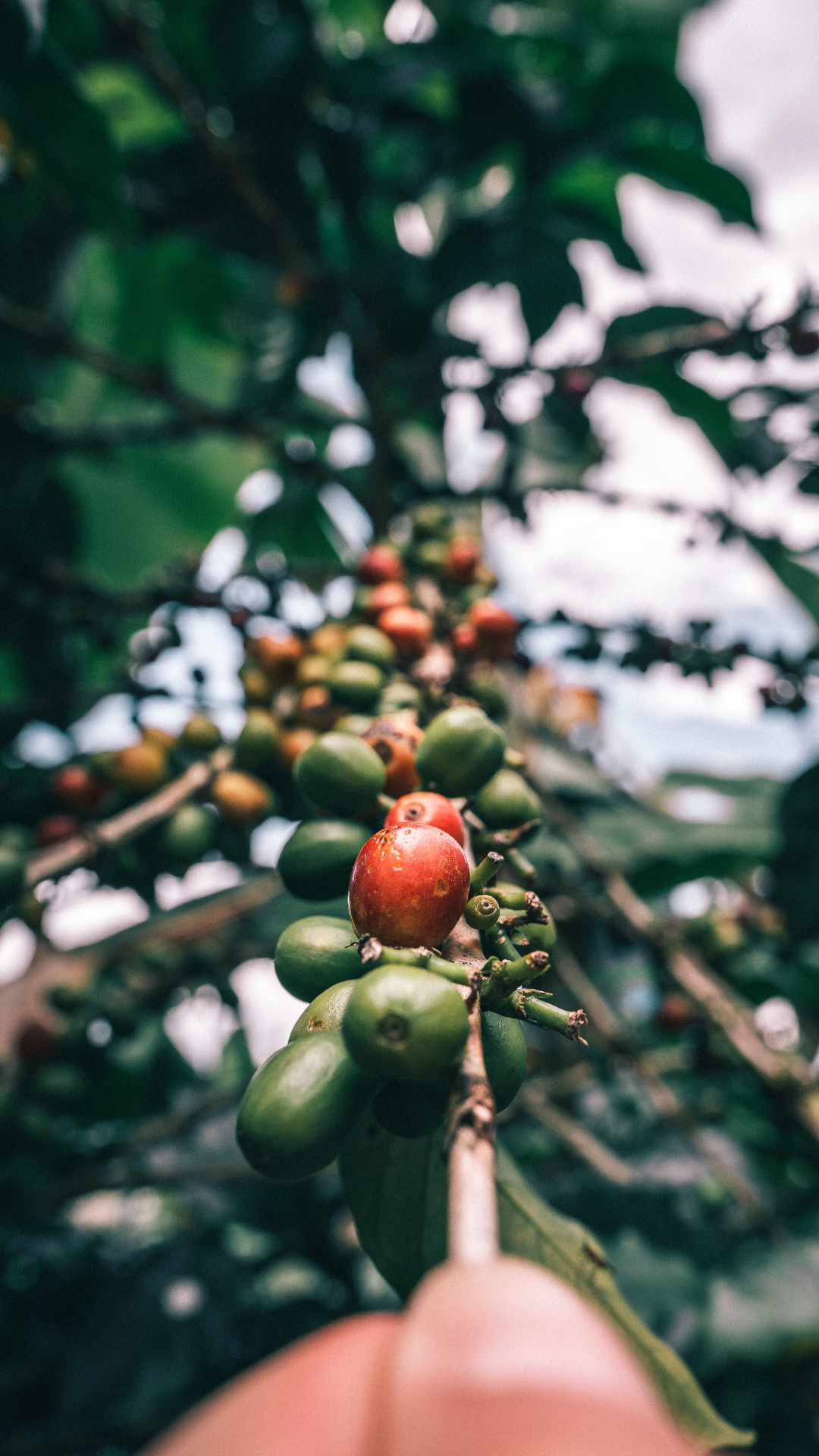
How much do you know about the coffee you drink regularly?
Do you know whether it is commercial or specialty coffee?
Commercial coffee still leads a big chunk of global coffee demand for a reason. It's just so cheap that some coffee drinkers love it!
However, specialty coffee is starting to become more and more popular, thanks to its quality, its properties and its outstanding taste.
Here are some key differences between specialty coffee and commercial coffee, so you can decide what coffee to drink next.
First, let's define the terms to avoid misunderstandings:
-
Commercial Coffee:
Beans are cheaper and grown in large quantities, so the quality is usually lower. Blends of beans from different countries result in diluted and less distinctive flavors.
Commercial coffees are roasted longer at higher temperatures to hide the low quality and defective beans resulting in burnt coffee that can sit on shelves for a long time.
-
Specialty Coffee:
Specialty coffee is coffee that meets rigorous standards at every step of the supply chain, from where it's grown, to how it's processed, roasted and brewed.
A specialty coffee cup will offer you a rich, distinctive beverage with a variety of aromas and flavor notes, a delicious aftertaste and probably with a smile!
Types of Coffee: Arabica vs Robusta
Coffee is the result of an extensive process. This is not just a matter of roasting, It is also related to the origin of the beans as well as their varieties.
There are approximately 75 different types of coffee beans in the world, but only two types are most commonly cultivated and used by the coffee industry:

Arabica beans: There is less caffeine, less acidity, and more aromatic qualities in Arabica beans, so many coffee enthusiasts consider them to be the superior bean. Most likely, coffee with the highest quality will be made from 100% Arabica beans.
Robusta beans: This variety provides 40% of the world's stocks. It is a more bitter grain and its origin is sub-Saharan Africa. It is cheaper to produce as it has a higher crop yield and therefore its distribution is more common.
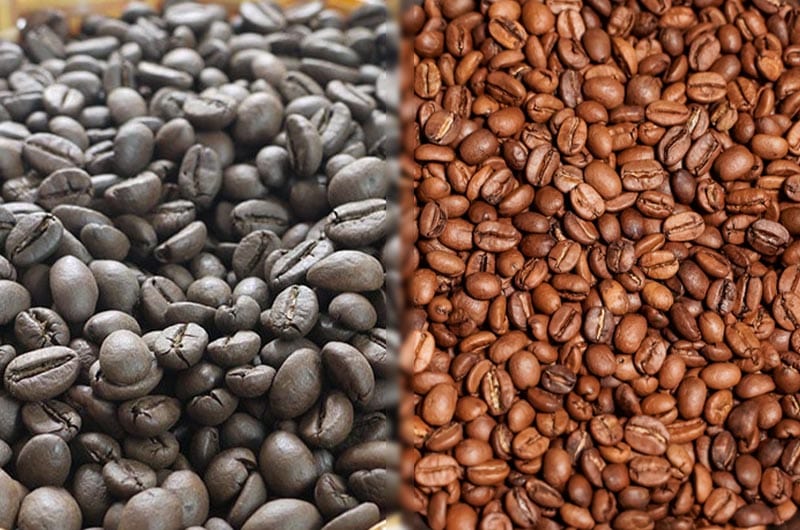
Specialty vs Commercial Coffee: Costs Matter
As you will see below, cost is vital in the entire commercial coffee production process. Therefore, using beans with a lower production cost makes a lot of sense.
This also means that the specialty coffee market selects only premium Arabica beans, which are more acidic but less bitter.
Although cost is an important point, the particularity of its use for specialty coffee is that specialty coffee brands know exactly where the beans come from and also inform consumers about other important details clearly on the packaging.
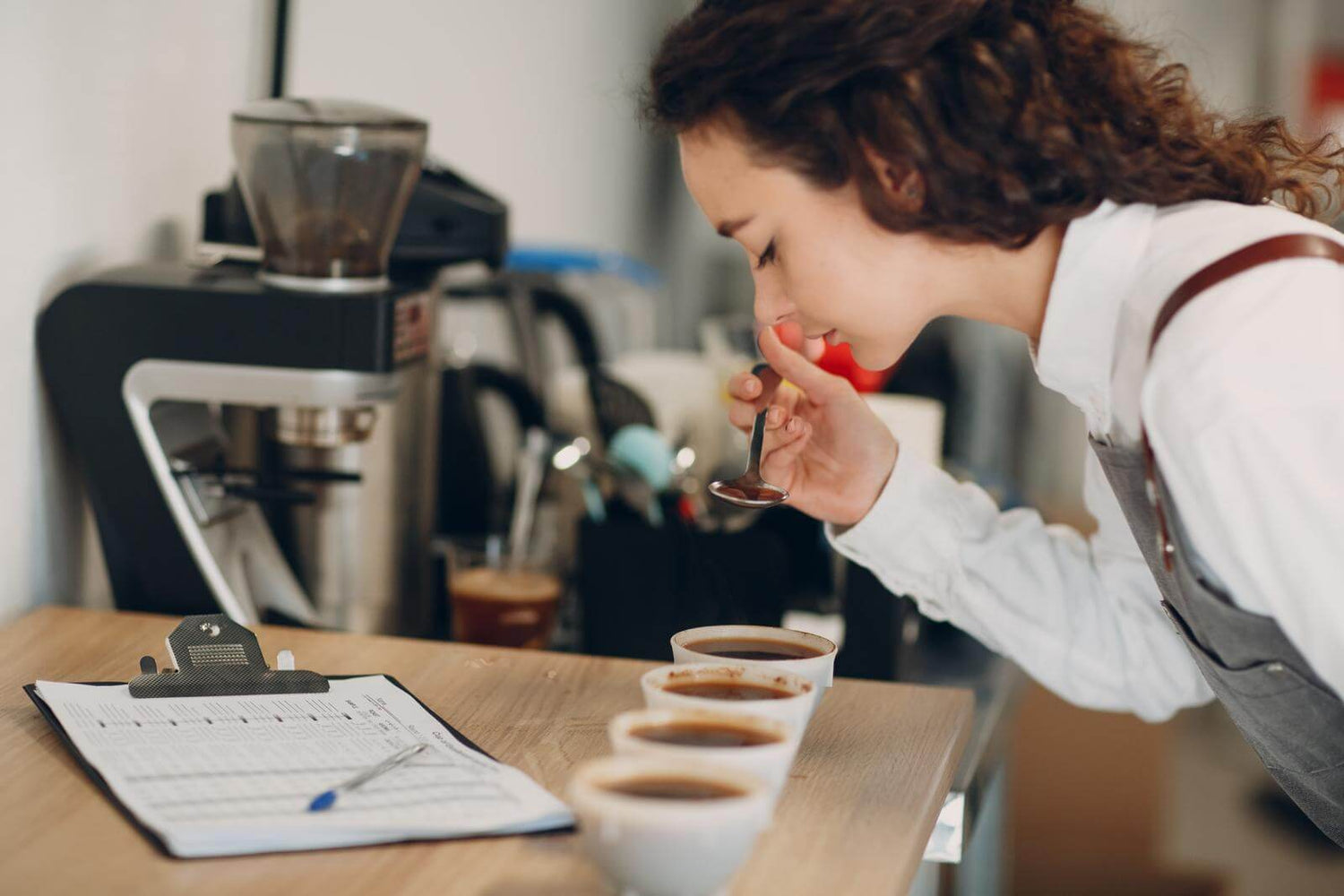
Where are the Beans Grown?
For specialty coffee brands it is crucial to indicate where exactly the beans have been cultivated. This means:
- The country of origin
- The region
- The farm
This is part of the quality control process (which you will find throughout this article), but it also involves consumer preferences, as buyers may prefer beans from a particular country or a particular variety.
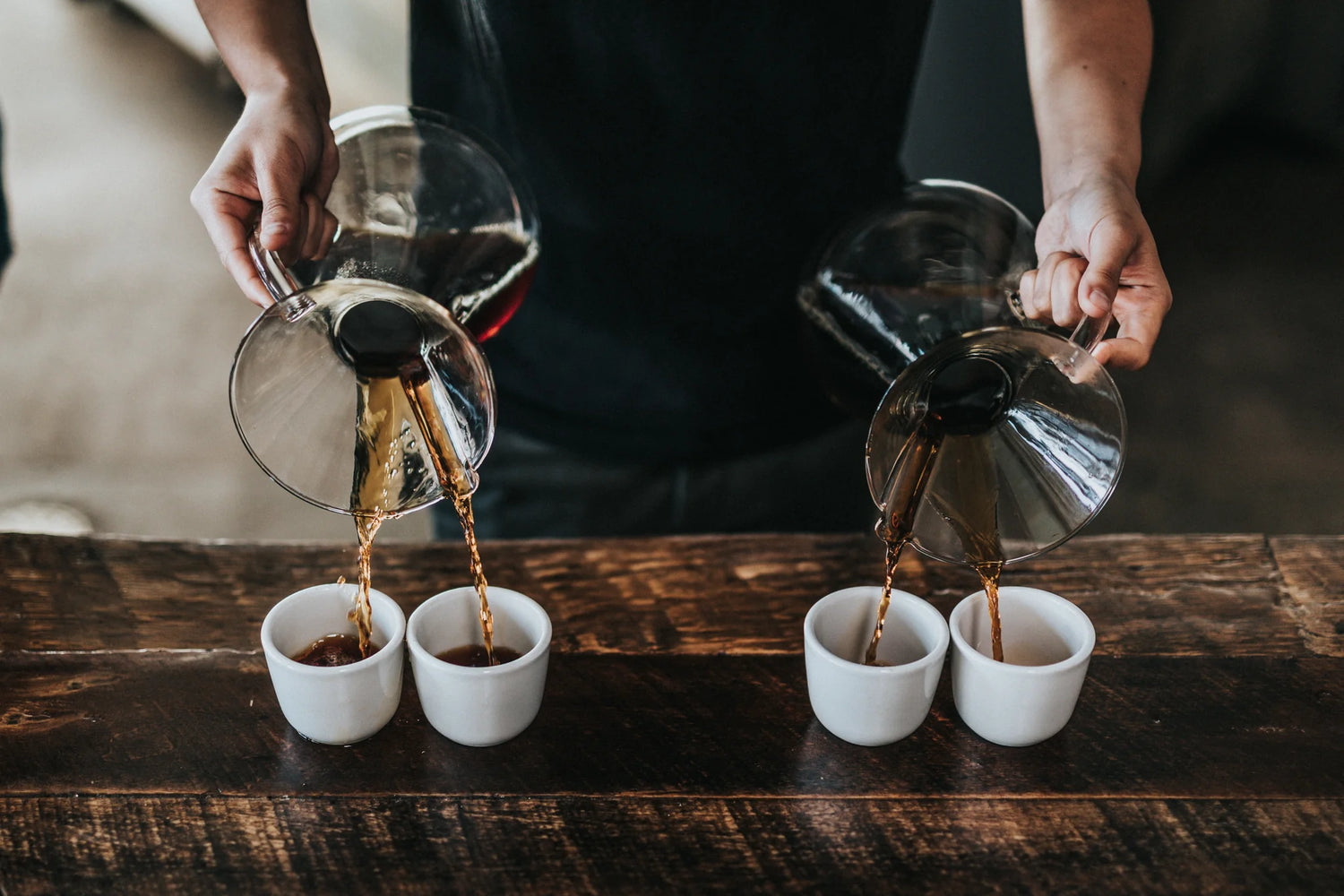
Cupping
Coffee is about how it tastes, not necessarily what it looks like. Therefore, a cupping test also takes place in the specialty coffee vs commercial coffee discussion. The beans are roasted in a specific way and then assessed for:
Fragrance, Aroma, Flavor, Aftertaste, Acidity, Body, Balance, Sweetness, Uniformity, Negative impressions.
After this intensive test, your batch of beans can be labelled as one of the following:
Outstanding specialty, Excellent specialty, Very good specialty, Usual good quality, Commercial grade, Below grade.
Your favorite specialty coffee will have one of the first three labels.
What will commercial coffee brands purchase? Basically, anything. In other words, the brands acquire beans whether they have blemishes or not and purchase any of the beans that have a lower than specialty rating.
What you get in your cup in the morning is usually a mixture of all of them.
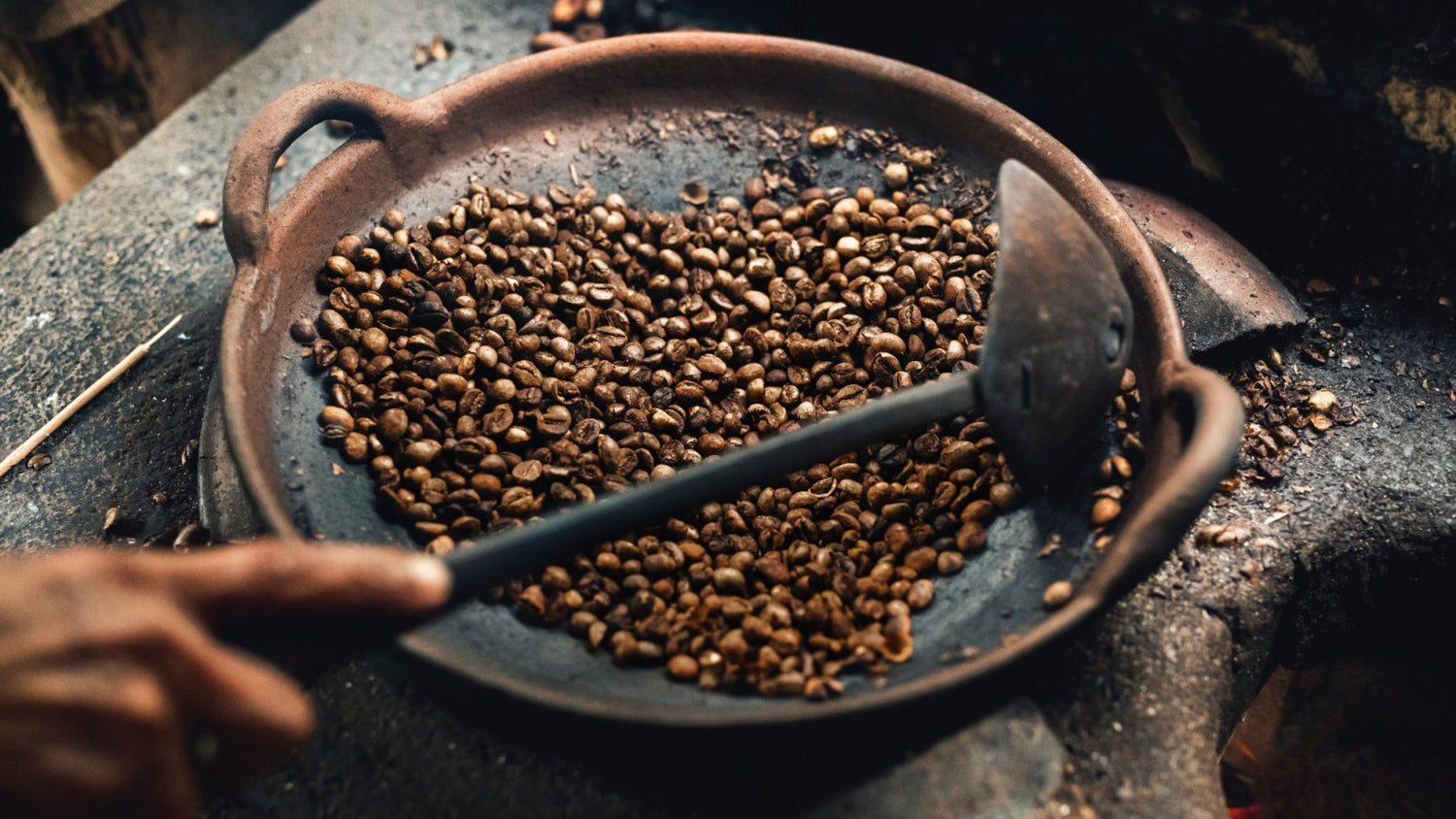
It’s All About the Roasting Process
But let’s come back to the roasting process. This is what determines the presence of your favorite flavors.
A batch of commercial coffee is roasted in bulk in large machines. It’s easy for beans to burn or not get roasted evenly.
In contrast, manufacturers take time with specialty coffee and roast it in small quantities at a time.
They need to make sure each bean is roasted to the exact moment of perfection and they’ll deliver options for all the popular roast types.
When you shop for commercial coffee you’ve probably noticed you usually have limited options, such as dark roast.
Wouldn't it be nice to get some variety?
Let’s be honest: doesn’t your usual brew become boring after a while? Specialty coffee is designed to appeal to a wide range of tastes and preferences, instead of settling for the standard.

